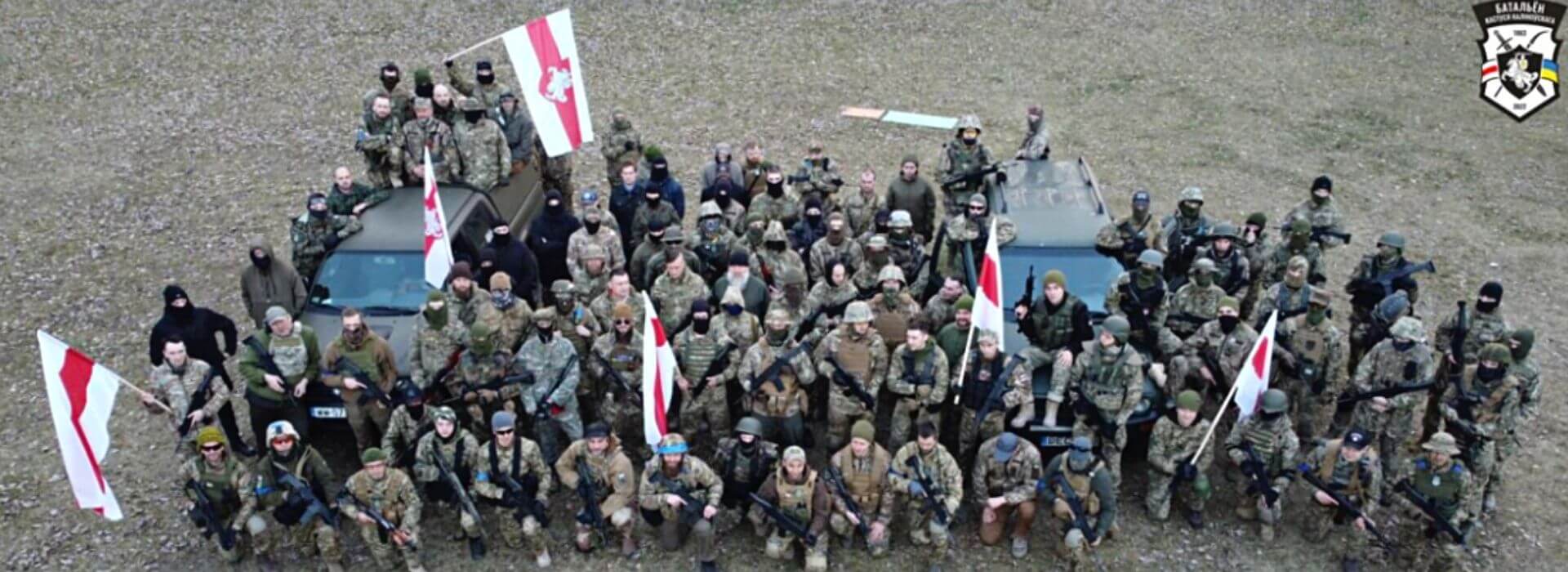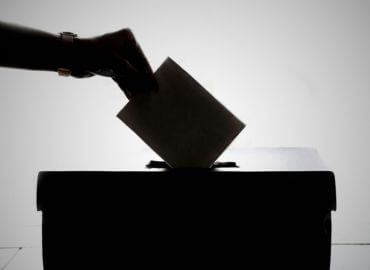BELARUS IN TIME OF WAR: NEW REALITY
A month into Russia’s renewed offensive against Ukraine, Belarus is experiencing one of the most dramatic pages in its independent history. In light of Russia’s military occupation, there are signs of growing instability inside Belarus as Lukashenka joined Putin’s war.
While global attention is almost entirely focused on Ukraine, Belarus became the subject of military occupation that is similar to Soviet occupation of the three Baltic states (Lithuania, Latvia, and Estonia) in June 1940. In his new piece on the latest changes in legal and factual status of Belarus, iSANS expert Andrei Eliseyeu explains how current occupation of Belarus repeats the 1940-1991 experience of the Baltic states by the USSR. But unlike Soviet administration that conducted «integration» work in the aftermath of military intervention, Russia conducted its «integration» maneuvers in Belarus prior to entry of its troops in early 2022.
According to our information, in addition to massive military presence across Belarus, Russia’s troops fully control three and partially control one (Machulishchi) military airbase in Belarus (out of five currently used in war). Ukrainian government reports Brest airport is, too, being used by the Russian air force, however, we were unable to confirm this information. Given the puppet status of his «government», Lukashenka’s civil and military administration in Minsk neither has any legal capacity to engage in foreign relations as official representatives of Belarus as a sovereign state, nor has real ability to maintain independent foreign policy. It largely serves as military and civil administration used for military coverage of Russia’s troops, anti-aircraft defense, supply, refueling, and regrouping of Russian Federation and its army and air forces. Hence, Minsk-based puppet regime will likely be treated as an accomplice of Russia in aggressive war against Ukraine without enjoying foreign recognition, having no presence in international organizations, and largely unrecognized (for instance, the United States might’ve used Stimson doctrine that was applied to the Baltics through the Soviet occupation).
Although there is widely spread expectation that Lukashenka troops may join the land operation, such behavior currently seems unlikely. Lukashenka tries to distance himself from war and changed his rhetorics to present himself as a non-participating party (although before war, he promised to take over Ukraine «within 3-4 days» and he publicly acknowledged firing rockets to hit Ukrainian military in the first day of 2022 war). Lukashenka needs to protect himself from both «internal enemies» as much as from Russia’s army deployed within the territory of Belarus – amid overwhelming public opinion against the participation of Belarusian troops in Russia’s war. All factors combined, land operation by Lukashenka’s military in Ukraine is becoming a void and unlikely scenario. However, non-participation in land operation does not mean he wouldn’t bare the responsibility for participation in an aggressive war.
Given ongoing retreat of Russia’s military from Chernobyl exclusion zone along the border with Belarus, new question rises. Will Russia’s troops and Belarusian supply objects (such as Mazyr oil refinery that is the main source of military fuel) become legitimate targets for advancing Ukraine’s army that may be shelled by the Russians from within Belarus? This question further unfolds to currently non-existing peace talks position of Ukraine that should request immediate removal of all Russia’s troops from Belarus (as such troops will pose imminent threat to Ukraine’s national security in the North). In that sense, removal of Russia’s troops from Belarus and democratic Belarus are the most effective sanction against Moscow and, simultaneously, are a power security guarantee for Ukraine.
WHAT'S NEXT?
In light of military occupation, we treat these latests developments as a game-changer for both Belarus and the region. In particular, we notice remarkable changes in practices of resistance as people within Belarus and outside diaspora realize new status of Belarus, see Russia’s troops on its soil, and realize the hopelessness of peaceful dialogue with Lukashenka’s puppet government.
Given the occupied status of Belarus, we forecast that in the meantime, democratic foreign governments may issue legally-binding declarations of deliberate non-recognition of the act of occupation of the Republic of Belarus by the Russian Federation, may entirely refuse to recognize the puppet government of Aliaksandr Lukashenka, and will focus on recognition of Sviatlana Tsikahnouskaya and her cabinet in a way similar to relations with Baltic governments, diplomats, and consular offices in 1940-1991.
BELARUSIAN PARTISANS AND NEW MILITARY FORMATIONS
There is growing number of partisan sabotage and diversion on railroads within Belarus, samizdat (underground printing) publications targeting Belarusian soldiers, and growing number of Belarusian volunteers who join Ukraine’s international corps.
The number of Belarusian citizens joining international volunteer corps of the Ukrainian Army to fight against Russia’s troops is currently accessed at the level of 300 to 500 individuals – which makes Belarusian groups the largest foreign formation within the Ukrainian Army. As of March 31, 2022, there are at least four Belarusian units of volunteers (with “Kalinouski’s battalion” and “Pahonia regiment» being two largest groups operating under the aegis of the Ukrainian Army).
The business reputation of Belarus is showing one of the worst slumps of modern history. According to Bloomberg, Belarus dollar bonds have slumped 86% this year thus showing «the steepest decline across all global government debt». During the war, the collapse of Belarus sovereign debt is 11% worse than Russia’s (and 32% worse than the fall of Ukraine’s bonds). Nevertheless, we noticed concerning activity of US lobbyists in Belarus who, according to Politico, are «jockeying to serve as middlemen between interests in Belarus — a key Russian ally — and the U.S. government” and seek “to work with the country’s potash industry, which has faced sanctions from the Biden administration”. Such moves may potentially mean more work for sanctions compliance controllers.
Best regards,
iSANS team










